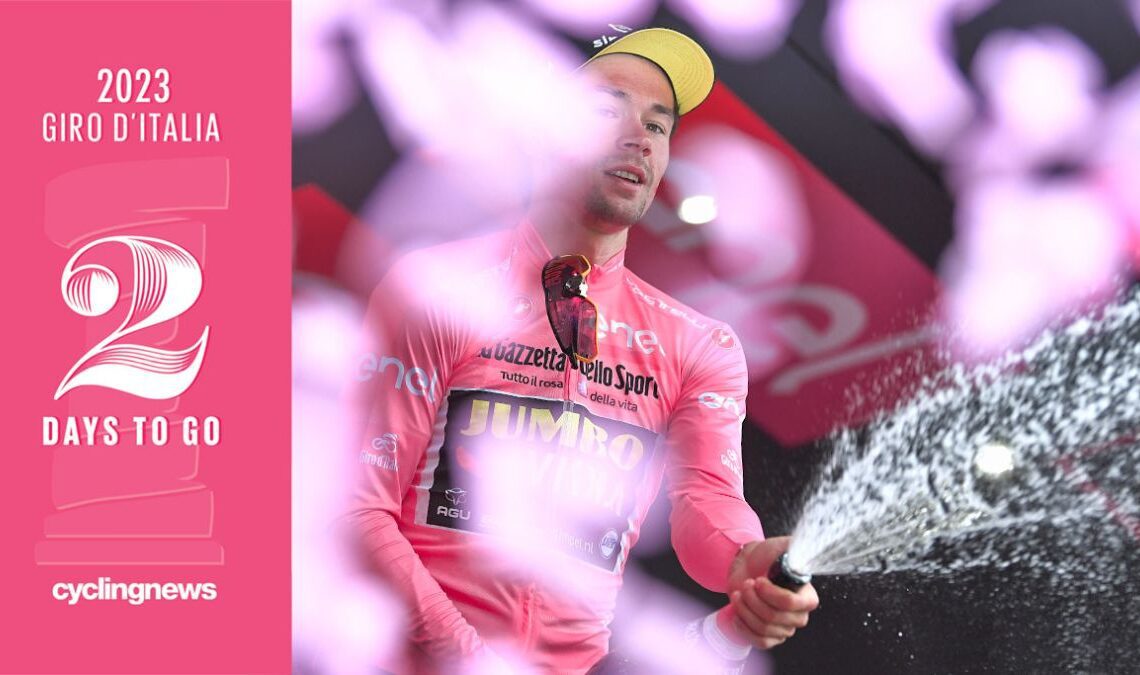Exuberance versus experience, exciting versus expected, new versus old. It’s funny how Primož Roglič being 33 is considered old, but things move so quickly that the 23-year-old Remco Evenepoel is now seen as an established benchmark.
Evenepoel is certainly the standard for the incoming generation, and there’s no arguing that the world champion entirely merits the accolades he has earned. Already a Grand Tour winner at the Vuelta a España last year, he starts the 106th Giro d’Italia as the man to beat if you believe the bookmakers. They’ve given him slightly better odds than his Slovenian rival, even though Roglič has won the Vuelta three times and would have pushed Evenepoel to the limit last year if he hadn’t crashed at the beginning of the final week.
Having already exited the Tour de France in similar circumstances, it wasn’t the best ending to Roglič’s 2022 season, but he seems to be fully recovered from the resulting surgical interventions needed for his lingering injuries. His form isn’t exactly shabby, as two wins from two stage races this year clearly demonstrates. He may not be as spectacular as Evenepoel, but then again, outside of Tadej Pogačar and Mathieu van der Poel, who is?
I’ve been reading varying opinions as to which of these two favourites was most likely to triumph in Rome on May 28, but even when you apply firm logic, predictions are notoriously strife-inducing.
Up until the start of this week, I looked at the Giro route and the 70km of time trials with the view that Remco, with his more natural aero position and the power he can develop on a TT machine, would take a second per kilometre from Primož. This is despite Roglič having better technical resources and detailing at Jumbo-Visma compared to the Belgian squad, who we ought to remember are still relatively new to the process of supporting a full-on GC favourite.
Yet I still reckoned that somewhere between 70 to 90 seconds conceded wouldn’t be too much for Roglič to overcome in the mountainous final week. A bad or even average day in the high mountains on the Giro means losing five minutes or more – unlike at the Vuelta, where the climbs are usually shorter, and the gaps are generally a minute, or at most two.
Given Jumbo-Visma’s domination of the early season, their obvious excellence in getting every rider ready for their role in supporting the chosen leader and the experience that Roglič has going into his twelfth Grand Tour, I was relatively sure…
Click Here to Read the Full Original Article at CyclingNews RSS Feed…

